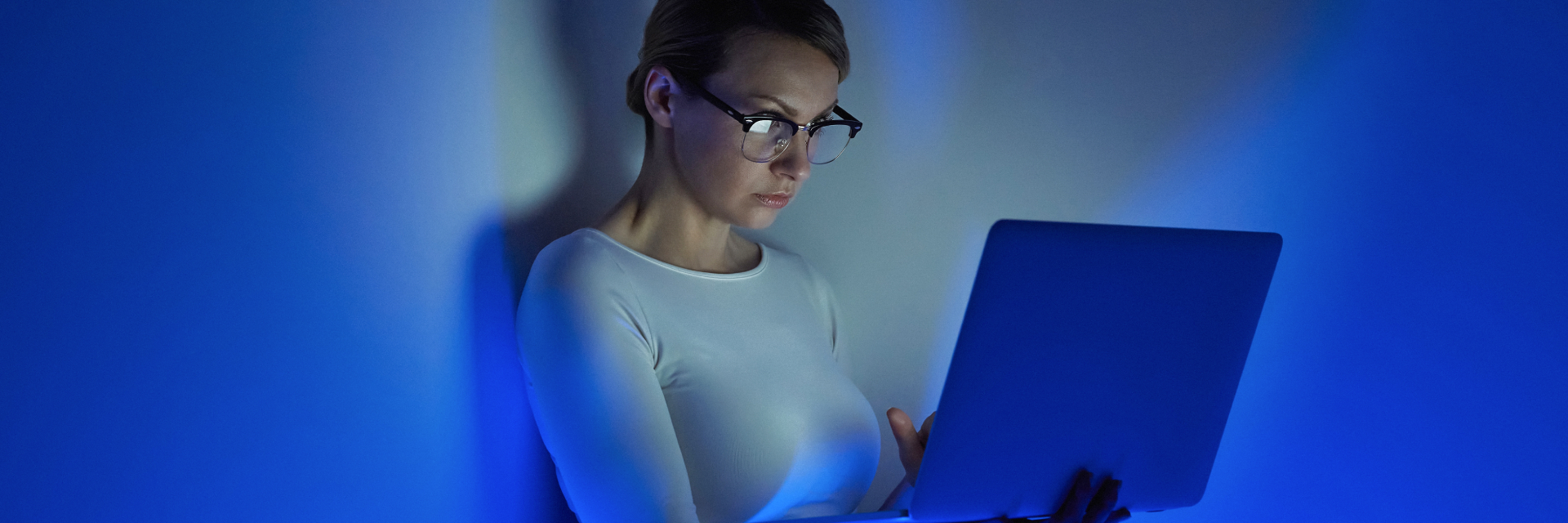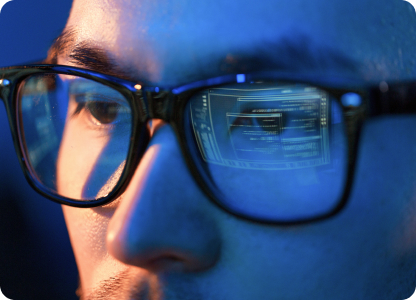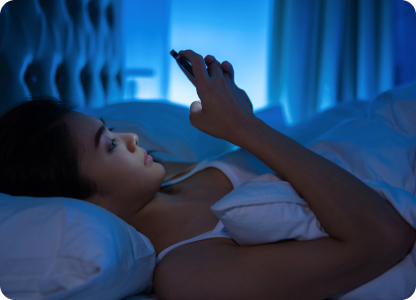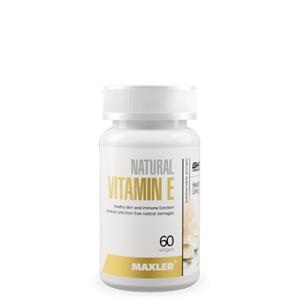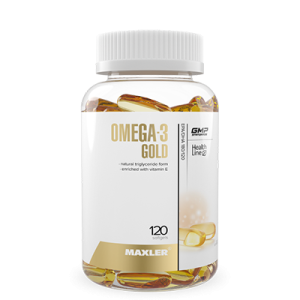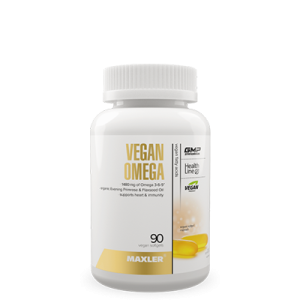The light we see is a type of electromagnetic wave, which are characterized by the energies they have. Visible light is a spectrum of these waves, with blue light having higher energy and red having lower one1. Our eyes focus the light on the retina, where specialized photoreceptors convert the light into electrical impulses. Our brain then deciphers them into an image2.
Screens and devices emit high energy blue light, and while they release it less than the sun, it’s important to know what effect it might have on health.
Friend or foe?
As blue light carries a large amount of energy, the parts of the eye that are exposed to it for a long time get damaged. This can lead to inflammation in the cells of our eyes. Luckily, antioxidants can help to decrease this inflammation3.
But, exposure to blue light prevents the development of short-sightedness in children4. It can also help our eyes develop correctly, preventing astigmatism, which is a condition where light gets focused in two places instead of one due to defects in the eye cornea or lens5,6.
Moreover, eye health is not the only aspect of our body affected by blue light.
Our retina has photoreceptors – specialized cells that can form images. They can be divided into three types – cones, rods, and intrinsically photosensitive retinal ganglion cells, ipRCGs for short. While the rods and cones help us form images, the ipRCGs control our circadian rhythms according to light signals we are exposed to7.
Circadian rhythms are processes in our body that follow a 24-hour cycle. The suprachiasmatic nucleus, or SCN, acts as a master clock in our brain, coordinating all the circadian processes. For example, as the light outside decreases, SCN coordinates the associated increase in melatonin. It is responsible for helping us fall asleep. So, the signals from the ipRCGs go to the SCN and help us control our sleeping patterns8.
There’s no surprise then – blue light before sleep reduces melatonin levels and impacts it. Reducing all sources of light during the night and in the early morning can benefit sleep9.
Blue light can make us more alert and improve our memory10. It might be able to activate regions of the brain related to these tasks, spending as little as 30 minutes in blue light can increase performance of working memory11. When compared to caffeine, blue light was able to improve reaction time even with distractions12.
Blue light for athletes
Athletes are similarly influenced by blue light. For those that practice sport at a high level, it’s essential to get enough sleep to perform well, as tiredness is associated with decreased performance13. Therefore, it is important for an athlete to get high-quality sleep, which is affected by blue light. So it’s best to avoid it for 3 hours before bed14.
Blue light exposure can benefit athletes before training or competition. It might be able to improve cognitive function and alertness in athletes15. Also, it may improve reaction time and wellbeing16.
Keeping your eyes healthy
We can keep our eyes healthy by providing them beneficial nutrients.
It’s key to include plenty of antioxidants like vitamin C and vitamin E. Getting enough is associated with lesser risks of developing eye issues17. Another type of antioxidants you can include is beta-carotene, which is found in carrots and kale. Our body can convert these into vitamin A, which supports eye health18,19.
Different carotenoids are important in absorbing the higher energy light – lutein and zeaxanthin20. Find these in leafy greens and pair them with a healthy fat like olive oil for greater benefit21.
On the note of fats, omega-3 fatty acids and omega-6 fatty acids support eye health. DHA, a type of omega-3, is essential for healthy eye function, and you can get it from sources like mackerel and salmon22. GLA is a type of omega-6 which has anti-inflammatory functions and can help with eye dryness23. You can find this fatty acid in primrose oil.
Maxler has a range of products that can help you meet your intake requirements of these key nutrients.
Maxler Vitamin C Sodium Ascorbate is a gentle formula designed to help you meet your vitamin C requirements without any associated gut discomfort. This vegan, unflavored powder is easy to include in your drinks and provides plenty of bioavailable vitamin C in each serving.
Maxler Vitamin E is a superb supplement containing natural vitamin E. Our body absorbs it better, as our cells are used to the natural shape of it. Each serving provides large quantities of high-quality vitamin E.
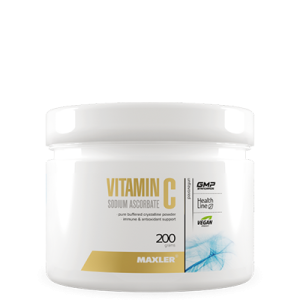
Vitamin C Sodium Ascorbate
€13.99
Alongside proper nutrition, it’s helpful to know what else you can do to decrease eye strain. If your eyes feel discomfort after prolonged usage of electronic screens, it is likely due to you blinking less. We tend to blink less when looking at screens, therefore, our eyes become strained and dry. There are a few tips you can try to decrease this sensation24:
- Use eye drops to lubricate your eyes if your eyes tend to get dry.
- Consider taking regular breaks and engaging in eye gymnastics.
- If your text is small, make it larger.
- Adjust the light in your surroundings, avoiding direct light into your eyes.
- Consider adding a humidifier or decreasing moving air, like turning off the fan, in the space where you work25.
- Don’t bother with the blue-light blocking glasses – while they reduce the amount of blue light, there’s not yet enough evidence to say that they benefit eye health.
Therefore, blue light is nothing to fear, in fact, it is beneficial for athletic performance and overall health. If you’re worried about eye health, there are multiple ways you can support it, from eating more beneficial nutrients to taking care of your eyes while you work at a screen.
